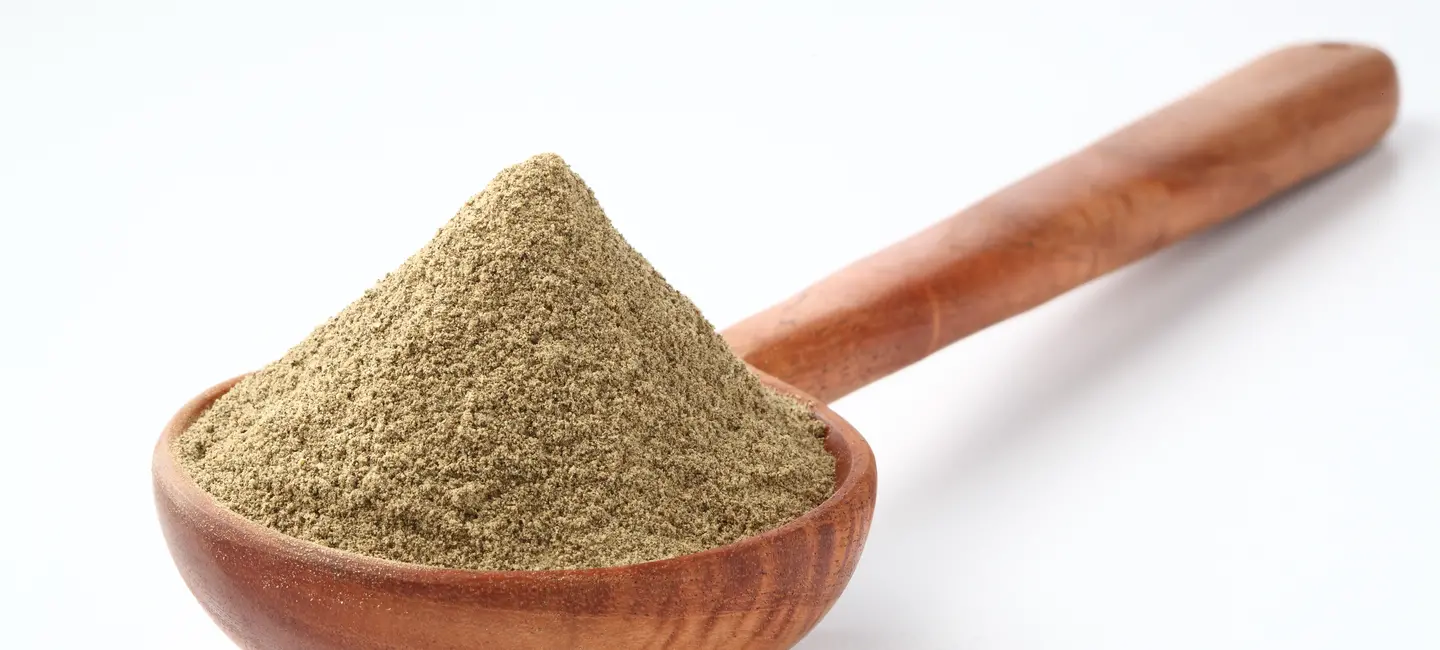
Fulvic acid is a group of chemicals that forms when plants and animals break down. It's found in humus (organic matter) of soil, peat, streams, and lakes.
Fulvic acid might block reactions in the body that cause allergy symptoms. It might also reduce swelling and prevent or slow the growth of cancer.
People use fulvic acid for hay fever, Alzheimer disease, eczema, cancer, fatigue, and many other conditions, but there is no good scientific evidence to support these uses.
Is It Effective?
There is interest in using fulvic acid for a number of purposes, but there isn't enough reliable information to say whether it might be helpful.
Is it Safe?
When taken by mouth: Fulvic acid is possibly safe when used for up to 7 days. It seems to be well-tolerated. Side effects might include diarrhea, headache, and sore throat.
When applied to the skin: Fulvic acid is possibly safe when used for up to 4 weeks.
Special Precautions & Warnings:
Pregnancy and breast-feeding: There isn't enough reliable information to know if fulvic acid is safe to use when pregnant or breast-feeding. Stay on the safe side and avoid use.
Autoimmune diseases: Fulvic acid might increase the activity of the immune system. This might worsen some autoimmune diseases, such as multiple sclerosis, systemic lupus erythematosus (SLE), and rheumatoid arthritis (RA).
Kashin-Beck Disease: Fulvic acid in drinking water might increase the risk of developing Kashin-Beck bone disease. It is thought that the risk is greatest in regions where people do not receive enough selenium in their diet.
Medications that decrease the immune system (Immunosuppressants)
Interaction Rating=Moderate Be cautious with this combination.
Fulvic acid can increase the activity of the immune system. Some medications, such as those used after a transplant, decrease the activity of the immune system. Taking fulvic acid along with these medications might decrease the effects of these medications.
Medications that slow blood clotting (Anticoagulant / Antiplatelet drugs)
Interaction Rating=Moderate Be cautious with this combination.
Fulvic acid might slow blood clotting. Taking fulvic acid along with medications that also slow blood clotting might increase the risk of bruising and bleeding.
Thyroid hormone
Interaction Rating=Moderate Be cautious with this combination.
Fulvic acid affects thyroid hormone levels. Taking fulvic acid with thyroid hormone might interfere with therapy to make thyroid function normal.
There are no known interactions with herbs and supplements.
There are no known interactions with foods.
There isn't enough reliable information to know what an appropriate dose of fulvic acid might be. Keep in mind that natural products are not always necessarily safe and dosages can be important. Be sure to follow relevant directions on product labels and consult a healthcare professional before using.
Acide Fulvique, Ácido Fúlvico, Fulvosäure.
Information on this website is for informational use only and is not intended to replace professional medical advice, diagnosis, or treatment. While evidence-based, it is not guaranteed to be error-free and is not intended to meet any particular user’s needs or requirements or to cover all possible uses, safety concerns, interactions, outcomes, or adverse effects. Always check with your doctor or other medical professional before making healthcare decisions (including taking any medication) and do not delay or disregard seeking medical advice or treatment based on any information displayed on this website.
© TRC Healthcare 2024. All rights reserved. Use and/or distribution is permitted only pursuant to a valid license or other permission from TRC Healthcare.
